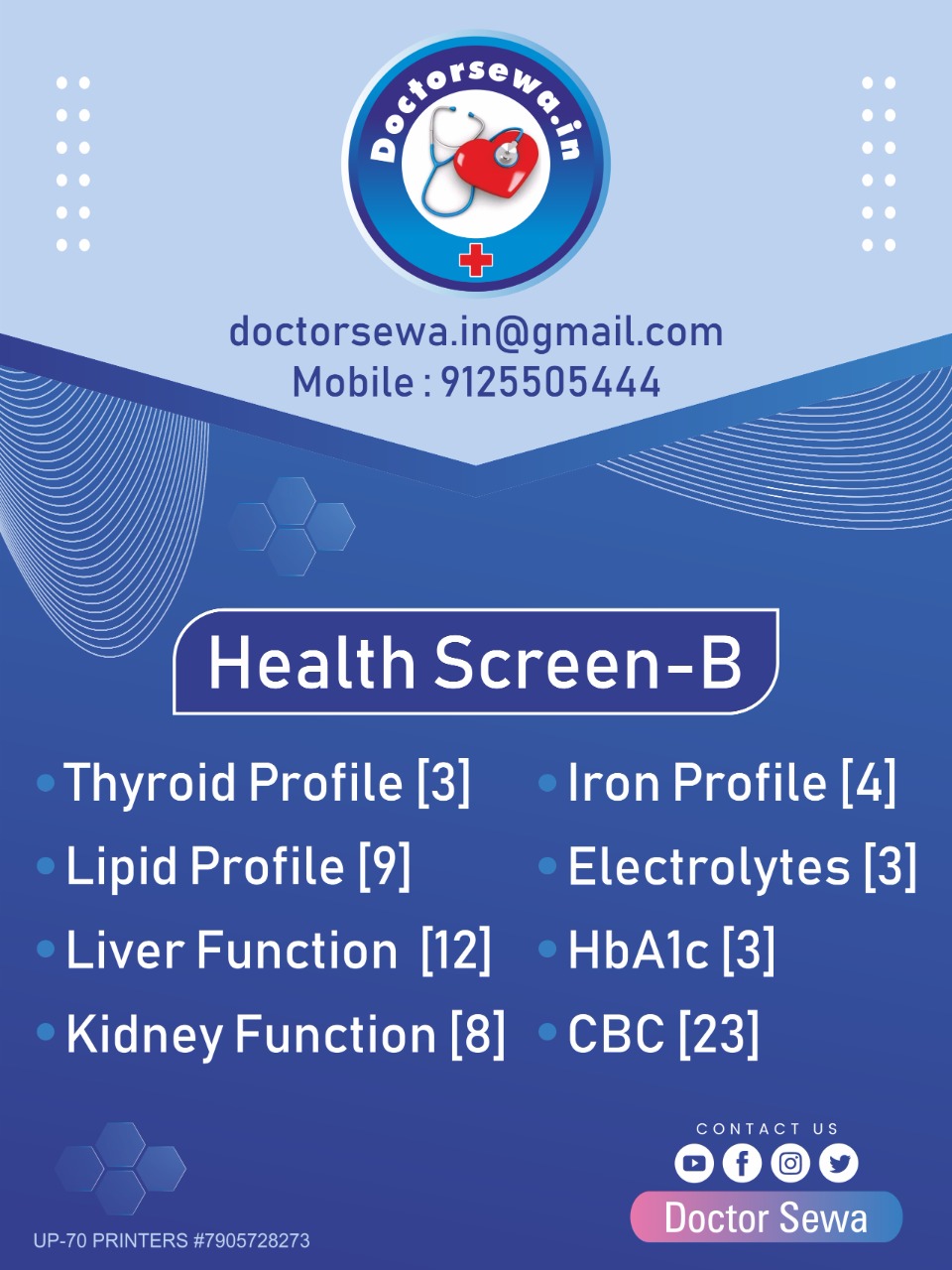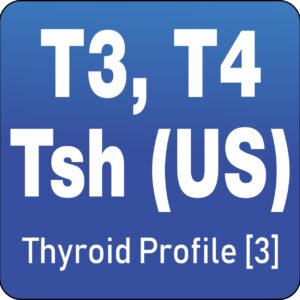Clinical Significance
Measuring levels of thyroid antibodies may help diagnose an autoimmune thyroid disorder such as Graves’ disease—the most common cause of hyperthyroidism—and Hashimoto’s disease—the most common cause of hypothyroidism. Thyroid antibodies are made when your immune system attacks the thyroid gland by mistake.
A high level of lipids, including cholesterol and triglycerides in the serum, which also termed as hyperlipidemia, leads to a higher risk of developing atherosclerotic cardiovascular disease (CVD). Clinically, obtaining a lipid profile assists in the screening, diagnosing, and managing diseases.
Liver function tests can be used to: Screen for liver infections, such as hepatitis. Monitor the progression of a disease, such as viral or alcoholic hepatitis, and determine how well a treatment is working. Measure the severity of a disease, particularly scarring of the liver (cirrhosis)
Kidney function tests are urine or blood tests that evaluate how well your kidneys are working. Most of these tests measure glomerular filtration rate (GFR). GFR assesses how efficiently your kidneys clear waste from your system.
Iron is a mineral that the body needs for growth and development. Your body uses iron to make hemoglobin, a protein in red blood cells that carries oxygen from the lungs to all parts of the body, and myoglobin, a protein that provides oxygen to muscles.
A complete blood count can help find the cause of symptoms such as weakness, fatigue and fever. It also can help find the cause of swelling and pain, bruising, or bleeding. To check on a medical condition. A complete blood count can help keep an eye on conditions that affect blood cell counts.
HbA1c is an important indicator of long-term glycemic control with the ability to reflect the cumulative glycemic history of the preceding two to three months. HbA1c not only provides a reliable measure of chronic hyperglycemia but also correlates well with the risk of long-term diabetes complications.






Reviews
There are no reviews yet.